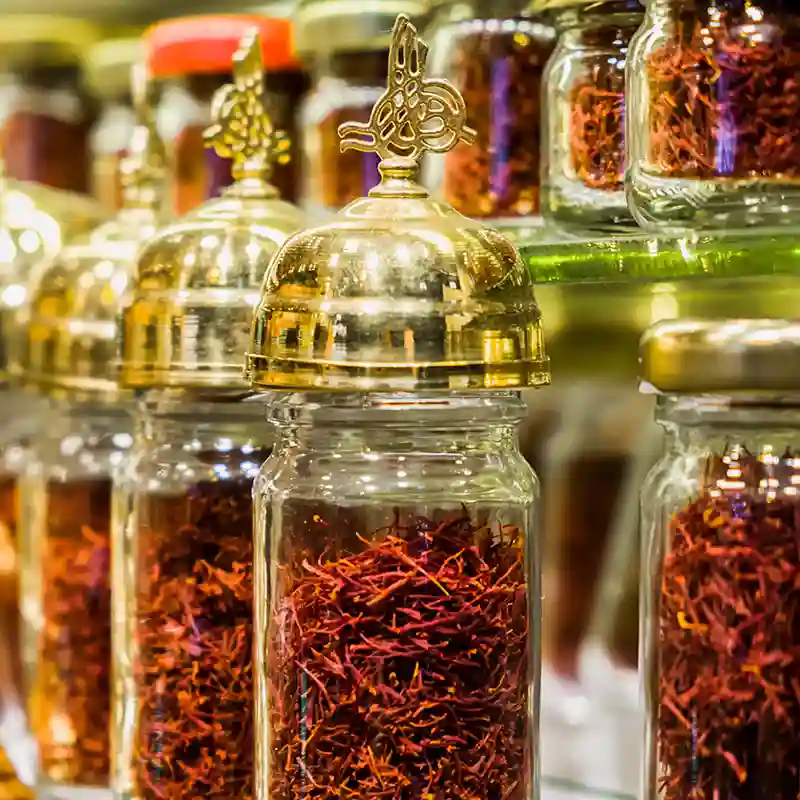Tips when buying saffron
What you should pay attention to when buying saffron
There will always be dishonest traders who would love to play a trick on you. The best way to prevent being swindled is to buy only from credible dealers. Do a background check. Be inquisitive. Be informed. Be aware of the basics of saffron:
- Saffron is expensive. Any figure way lower than the international market price should send you warning signals already.
- Look for established brands. Even if they sell at discounted prices, you are in good hands.
- Saffron threads must be dry and brittle, not soft and sticky.
- Saffron threads must have the same shape. If the saffron does not look like threads and there are many small, broken pieces in the package, it is often fake saffron.
- Safflower is not a saffron! Safflower, or the Carthamus tinctorius, is an annual thistle-like plant. The dried petals of this plant is often sold as saffron but lacks all the characteristics and properties of saffron.
- Saffron gives off a piquant, fresh scent; if it's musty, or smells like some chemical has been added to it, then stay away from it.
- Saffron threads are uniform in size, but not exactly in color. When all the threads have exactly the same redness from end to end, they might have been dyed to conceal the true color underneath.
- Saffron threads have vivid red color, with a slightly lighter colored fluted tip, more like red-orangey. Dull red means the stock is old.
- Know the different cuts: The highest quality saffron thread, which is called coupé saffron, sargol or premium red, contains only the vivid red part of the stigmas, the yellow style removed before the drying process. A kind of cut that has the vivid red stigma and a little or more of the yellow style means a lower-quality saffron. The style does not give any flavor. It is considered a floral waste.
- The package must show the harvest date, and it should be recent.
- Better buy the threads rather than the powder form. It is difficult to determine between fake and authentic saffron powder unless you are allowed to test the product prior to the purchase.























 BIO bulbs
BIO bulbs
 NON-BIO bulbs
NON-BIO bulbs
 Wholesale
Wholesale
 Miscellaneous flower bulbs
Miscellaneous flower bulbs
